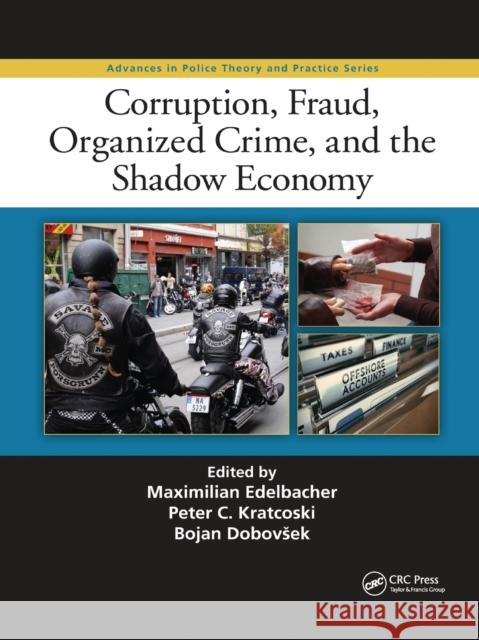Corruption, Fraud, Organized Crime, and the Shadow Economy » książka
topmenu
Corruption, Fraud, Organized Crime, and the Shadow Economy
ISBN-13: 9780367870652 / Angielski / Miękka / 2019 / 215 str.
Corruption, Fraud, Organized Crime, and the Shadow Economy
ISBN-13: 9780367870652 / Angielski / Miękka / 2019 / 215 str.
cena 249,23
(netto: 237,36 VAT: 5%)
Najniższa cena z 30 dni: 226,63
(netto: 237,36 VAT: 5%)
Najniższa cena z 30 dni: 226,63
Termin realizacji zamówienia:
ok. 16-18 dni roboczych.
ok. 16-18 dni roboczych.
Darmowa dostawa!
This book addresses shadow economies and the players involved by examining various aspects of criminal law and prosecution.











